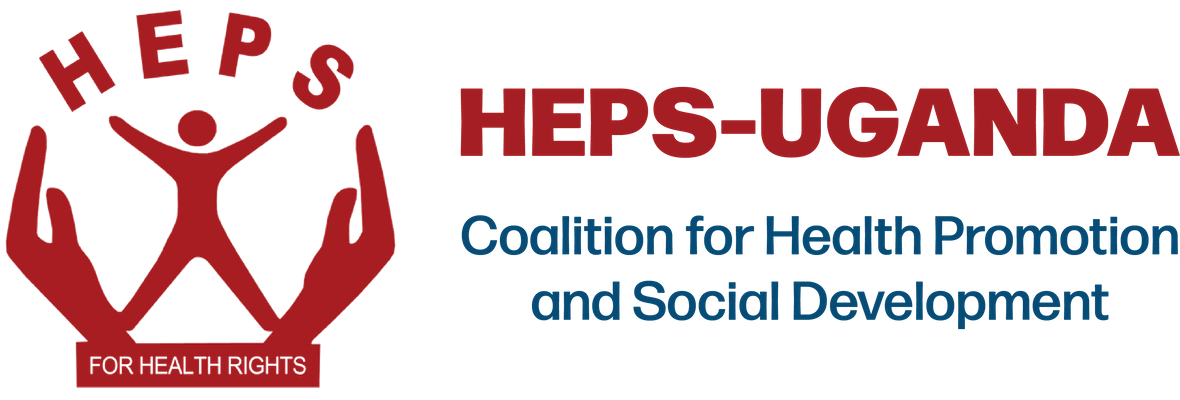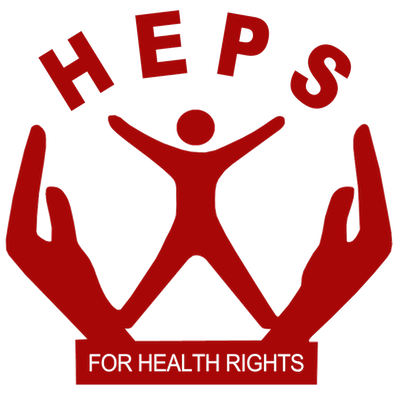Press conference on T.B Medicines Stock outs at HEPS in 2012
As the world commemorates the World T.B Day on the 24th of March 2012 with the Theme: Stop T.B in our life time, it has been noted that there are messages in the media by National medical stores that are geared towards refuting the state of T.B medicines stock outs in the country.
This press conference was held to react to these messages saying there were no shortages of TB medicines in the country.
The coalition members came in one voice to agree to the fact that the World TB Day comes at a time when the country is been hit by a crisis of TB medicines stock out and the Ministry of Health is giving messages contrary to the state of TB medicines in the country.
“We feel this is irresponsibility and abuse to the patients because medicines for TB have been out of stock since November 2011, although some facilities started getting these medicines, others have not and patients have been complaining while health centre officials have been frustrated by this.” Denis Kibira the Medicines advisor HEPS-Uganda and the National coordinator for Stop stock out campaign said.
Patients reported that: Jinja Hospital, Balukuba health centre, Ruharo hospital, Oguru Health centre IV in Lira, Arua Referral Hospital, Gulu, Masaka, Rakai, and Nyantondo among others have no medicines.
Kibira further noted that this contravenes reports by National Medical Stores that there are medicines at the National Medical Stores. It doesn’t mean that if there are medicines at the National Medical stores there will be automatically medicines in the health facilities. Availability of medicines is when patients can go out to the health facilities and find these medicines there.
As the World tries to stop TB in our generation, we are here as civil society to have an action from the government.
Mathias Mulumba the Board chair said, “Uganda as a country should stop relying on donors especially for medicines as cheap as those for T.B, since we know Uganda heavily relies on funds from Global Funds, PEPFAR, and once these funds cease to be, then this means Ugandans will die. Uganda therefore needs to devise means of how it can afford medicines locally and also work on a sustainable solution to keep up the system.”
The government has an obligation to protect its citizens and we the Coalition members demand Ministry of Health to come out to give the true state of medicines in the country and take an action against the pandemic of medicines stock outs.
The Press conference was attended by HEPS-Uganda and the other coalition members who included among other: CEPARD, NAFOPHANU, CEHURD, AGHA UYF and Mamas club held at the HEPS Uganda Secretariat.
A ‘stock-out’ is when a pharmacy temporarily has no medicine on the shelf. It may affect one medicine or many medicines, or in the worst case, all medicines. The consequences for patients are grave; they may go without the medicines they need, or seek alternative and sometimes inappropriate medicine. A campaign in five African countries – Kenya, Malawi, Uganda, Zambia and Zimbabwe – is underway to combat stock-outs.
Denis Kibira tells more about the campaign in Uganda.
In Uganda, only 45.7 per cent of public facilities had a basket of 28 essential medicines selected for the study. In 2007-2008, the duration of stock-outs in public health facilities averaged 72.9 days per year . Stock-outs can happen for a number of reasons, such as low funding, poor coordination of procurement and distribution, gaps in management and pilferage.
The Stop Stock-Outs campaign is a civil society initiative to advocate for improved availability of, and access to, essential medicines in public health facilities. In Uganda, the campaign was implemented by a consortium of five civil society organisations (CSOs): The Coalition for Health Promotion and Social Development in Uganda (HEPS); the Action Group for Health, Human Rights and HIV/AIDS (AGHA); the National Forum of People Living with HIV/AIDS in Uganda (NAFOPHANU); Action for Development (ACFODE); and the Alliance for Integrated Development and Empowerment (AIDE).
The campaign aims to lobby, influence and pressure the government to make essential medicines available at all public health institutions, ensure there is sufficient funding, give civil society representation on the board of the National Medical Stores, enhance transparency in medicines supply management, provide a dedicated budget line for essential medicines, and live up to its commitment to spend 15 per cent of the national budget on health care.
The campaign
The campaign, launched in March 2009, has used a variety of approaches. These have included the use of publicity material like t-shirts, banners, fact sheets, fliers and policy briefs. A local artist, Bobi Wine, and a woman member of parliament were approached to champion the cause. The campaign has undertaken various activities including: press statements and conferences, public rallies, radio talk shows and media articles to generate public debate in the media and other fora.
One of the most interesting things we did was to organise something called a Pill Check Week in June 2009. This involved a spot check of medicine stock-out in public health facilities. It was carried out in 11 of the country’s 81 districts. Each of the 11 districts was represented by one government facility. The check covered 10 key essential medicines and highlighted that stock outs, especially of paediatric preparations, were still a major problem in the public health system.
The Pill Check Week took place in all five of the African countries participating in Stop Stockouts and used a Google map to identify where the stock outs were a reality. http://stopstockouts.org/ushahidi/
Read more from the Health Exchange News Website




